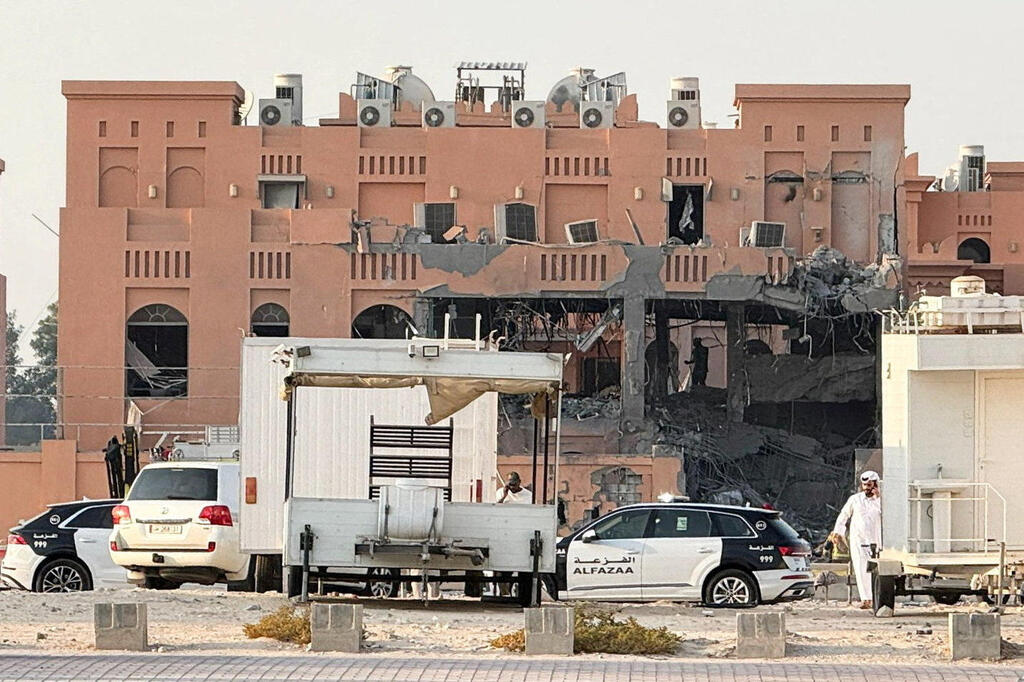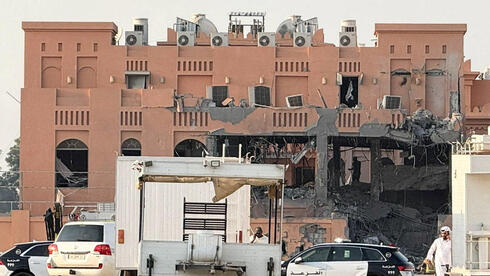The Israeli Air Force struck the building roughly three weeks ago, but assessments increasingly suggest that Hamas leadership survived the targeted assassination attempt. Security officials had opposed carrying out the operation at that time — on the eve of a military maneuver in Gaza and while awaiting a response from Hamas to Donald Trump’s proposed deal, which included the release of hostages. Prime Minister Benjamin Netanyahu, however, insisted the strike go ahead.
Moments of the Israeli attack in Doha


Unlike other operations, the intelligence for this strike came from Shin Bet, even though Qatar is typically considered Mossad’s turf. Mossad reportedly opposed the operation. The Intelligence Corps (Aman) played only a minor role. Shin Bet is now reviewing the reliability of the intelligence regarding the officials’ location and the recommendation to use precision munitions, which only partially destroyed the building while the targets were reportedly elsewhere.
Following the strike, Israeli military leadership concluded that Qatar should not play a role in Gaza’s reconstruction if a ceasefire is reached. Senior officials warn that Qatar continues to fund and strengthen Hamas, a situation the Israeli government allowed until Oct. 7. “Not a single school should be allowed to be built by the Qataris in Gaza,” officials said, adding that the partial strike should be leveraged strategically to create conditions for a possible future deal.
1 View gallery


The building that was attacked
(Photo: REUTERS/Ibraheem Abu Mustafa)
The Israeli military estimates that Qatar remains involved in efforts to end the conflict and secure the release of hostages, reinforcing Hamas’ control in Gaza. The Israeli government, two years into the war, insists on not establishing an alternative authority over the two million residents of Gaza — no Israeli military governance, no local technocratic government free of Hamas, no governance based on moderate Arab states with U.S. support and no intervention by the Palestinian Authority.
According to Chief of the General Staff Eyal Zamir, this refusal to pursue alternative governance means Hamas will likely remain in power for at least another year or longer.

